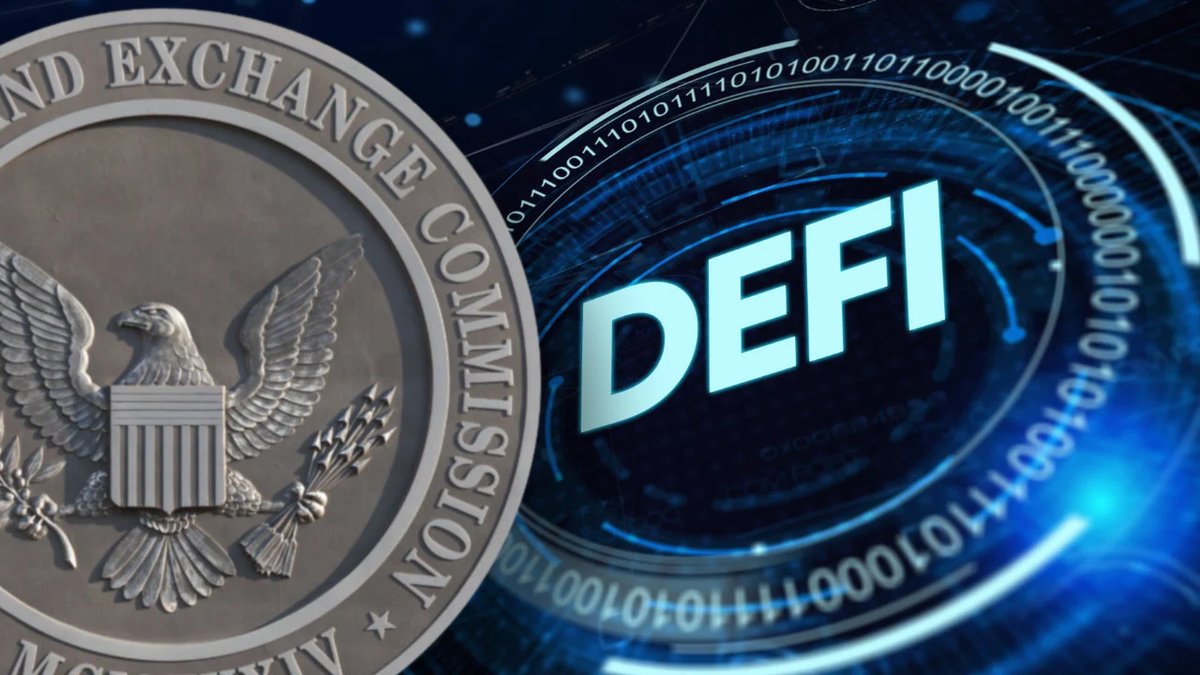SEC’s Stance on Decentralized Finance: What Investors Need to Know
2025-09-03

Decentralized Finance (DeFi) has exploded in popularity, offering investors new ways to earn yield, trade assets, and access liquidity without intermediaries. But the SEC’s growing interest in DeFi has raised questions about the future of this emerging sector.
Why the SEC Is Looking at DeFi
The SEC argues that many DeFi protocols effectively operate like unregistered securities exchanges or lending platforms. By offering yield through liquidity pools or governance tokens, they may fall under existing securities laws.
Core Concerns
- Investor Protection: Retail investors may not fully understand the risks of impermanent loss, smart contract bugs, or rug pulls.
- Compliance: Many DeFi platforms lack KYC/AML procedures, making them a target for enforcement.
- Market Integrity: The SEC is concerned about wash trading, manipulation, and systemic vulnerabilities.
Potential Regulatory Approaches
The SEC could pursue several strategies, including requiring DeFi platforms to register as exchanges, enforcing disclosures for token issuers, or working with Congress to create new rules specifically for decentralized finance.
Impact on the DeFi Ecosystem
While stricter oversight may stifle some experimentation, it could also legitimize DeFi in the eyes of institutional investors. A compliant DeFi ecosystem could attract trillions in capital that currently avoids the space due to regulatory uncertainty.
Winners and Losers
Protocols that prioritize compliance and security may thrive, while those resistant to regulation could face delistings or bans in major jurisdictions.
Risks for Investors
- Increased enforcement could reduce the number of DeFi options available.
- Some tokens may be classified as securities and delisted from major exchanges.
- Innovation could slow as projects allocate more resources to compliance.
Investment Outlook
DeFi remains one of the most promising areas in crypto, with innovations like liquid staking, decentralized derivatives, and cross-chain lending gaining traction. Investors who carefully select compliant, security-focused protocols may benefit from long-term growth despite near-term challenges.
Further Reading
Crypto Tax | SEC Coin | Signals
Frequently Asked Questions
Why is the SEC interested in DeFi? The SEC believes many DeFi protocols offer services that fall under securities laws without proper registration.
Will regulation kill DeFi? Not necessarily. Regulation could legitimize the industry and attract institutional capital, though some projects may not survive.
How can investors reduce risk? Stick with audited protocols, diversify holdings, and monitor regulatory developments closely.
What does the future of DeFi look like? A hybrid model may emerge, where compliant protocols coexist with fully decentralized ones, creating a more mature ecosystem.